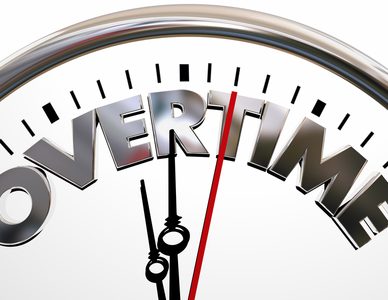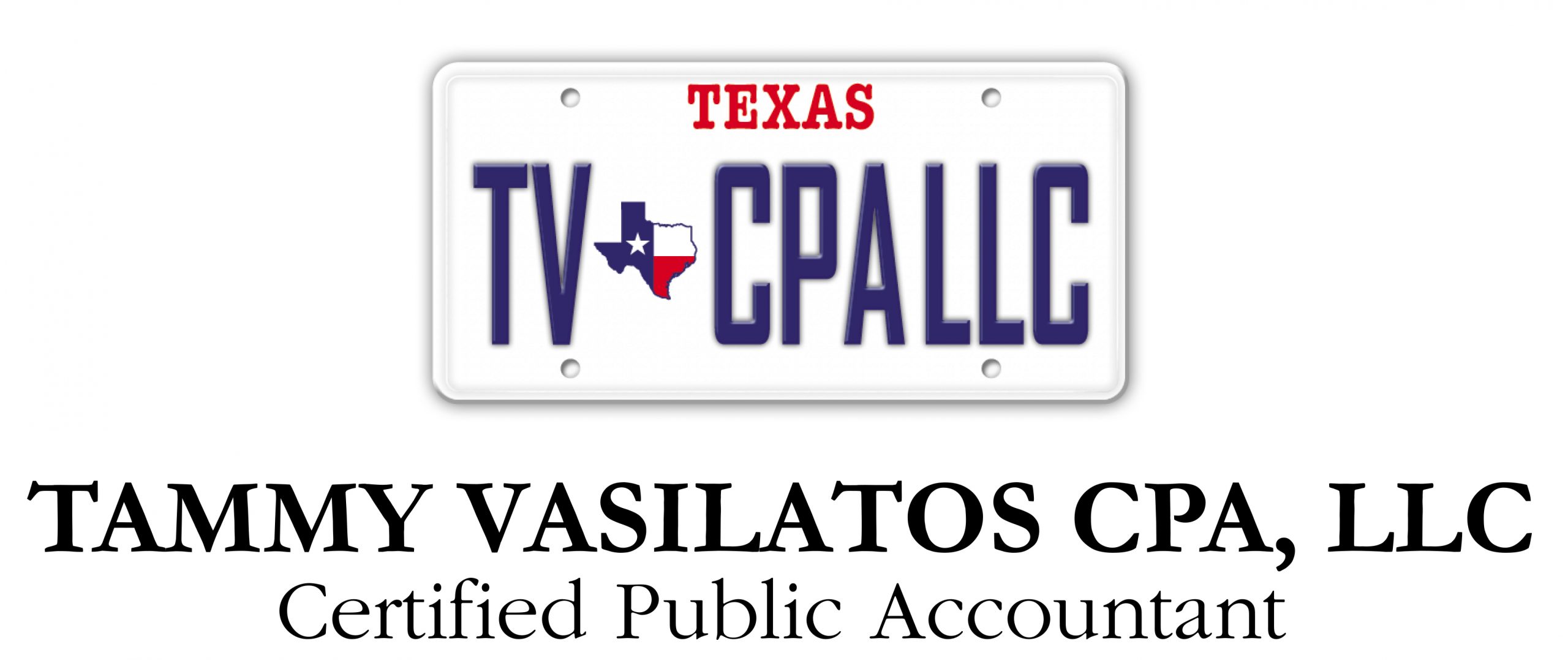H.R.561 – Overtime Pay Tax Relief Act of 2025
July 10, 2025

Key Provisions of the “No Tax on Overtime” Rule:
- Effective Date: The new rule is retroactive to January 1, 2025, and is set to expire on December 31, 2028.
- Nature of the Benefit: This is a federal income tax deduction, not a complete exemption from all taxes on overtime. It allows eligible employees to deduct a portion of their qualified overtime earnings from their federal taxable income when they file their annual tax return.
- Eligibility:
- Applies to non-exempt employees who receive overtime compensation as required by Section 7 of the Fair Labor Standards Act (FLSA).
- There are income limitations: The deduction begins to phase out for individuals with a modified adjusted gross income (MAGI) exceeding $150,000 (or $300,000 for those filing jointly). Highly compensated employees are generally not eligible.
- Deduction Limit: Eligible employees can deduct up to $12,500 of qualified overtime compensation per year (or $25,000 for those filing jointly). This is an “above-the-line” deduction, meaning it can be claimed even if the employee does not itemize deductions.
- What Qualifies: Only overtime compensation that is required under the FLSA and is in excess of the regular rate qualifies for this deduction. Overtime premiums paid under state laws or collective bargaining agreements that are not FLSA-required generally do not qualify.
How Employers Treat Overtime for Withholding:
This is the most critical aspect for employers. Despite the new deduction for employees, employers’ immediate withholding obligations remain largely unchanged for now.
- Continued Withholding of Federal Income Tax: Employers are still required to withhold federal income tax from all overtime wages earned by employees. The employee’s deduction occurs when they file their personal income tax return (Form 1040), not at the time of each paycheck.
- Continued Withholding of FICA Taxes: Overtime wages remain fully subject to Social Security and Medicare (FICA) taxes. Employers must continue to withhold and remit these taxes as normal.
- State and Local Taxes: The “No Tax on Overtime” provision applies only to federal income tax. State and local income tax treatment of overtime is not affected by this federal law and will vary based on individual state and local regulations.
- No Immediate Changes to Payroll Systems/W-4s (for 2025):
- For the 2025 tax year, employers are not required to immediately change how they calculate or withhold federal income tax on qualifying overtime compensation.
- Employers may continue to use current IRS withholding tables.
- No changes to employee W-4 forms are required solely due to this new deduction.
- The IRS is expected to issue updated withholding guidance and forms, likely by late 2025, with mandatory implementation starting in 2026.
- New Reporting Requirements (Form W-2):
- Employers must report the total amount of “qualified overtime compensation” as a separate line item on employees’ Forms W-2 for year-end reporting.
- For the 2025 tax year, the Act allows employers to approximate this amount using any “reasonable method” that will be specified by the Treasury Secretary (awaiting further guidance).
- Employer Preparation:
- Accurate Tracking: Ensure robust and clear tracking of regular hours, overtime hours, and the specific portion of overtime that qualifies as “excess of the regular rate” under FLSA.
- Payroll System Review: Coordinate with payroll providers and software vendors to prepare for necessary system updates to comply with the new W-2 reporting requirements.
- Employee Communication: Be prepared to answer employee questions about this new deduction, clarifying that while they can claim the deduction on their tax return, employers must still withhold taxes from their paychecks as usual.
- Monitor IRS Guidance: Stay informed about forthcoming guidance from the IRS and Treasury Department regarding updated withholding tables and specific methods for reporting qualified overtime for 2025 and beyond.
